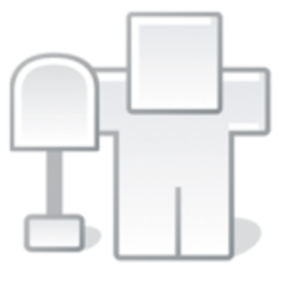Yesterday, Jay Adelson stepped down as the CEO of Digg and was replaced by the company’s founder Kevin Rose. Soon after this change of guard, Kevin Rose announced some sweeping changes for Digg. First of all, the controversial DiggBar, an iFrame toolbar Digg introduced one year ago, will be replaced by basic links from the Digg homepage again. Second, Digg will unban all previously banned domains. All of these changes will go into effect once Digg v4 launches in a few months.

You can sign up for a beta invite for Digg v4 here.
Killing the Toolbar
According to Rose, the Digg toolbar is simply not worth the trouble. According to him, the iFrame “causes confusion when bookmarking, breaks w/iFrame busters, and has no ability to communicate with the lower frame (if you browse away from a story, the old digg count still persists).” Framing content, says Rose, “is bad for the Internet,” something critics pointed out to Digg when the company first launched this feature.
We should note that it’s not clear if Digg will continue to use its URL shortener for these links.
Unbanning Banned Domains
In addition to killing the DiggBar, Digg will also unban all previously banned domains. Besides filtering malware sites and other sites that violate Digg’s TOS, “no other restrictions will be placed on content.” It’s not quite clear how many URLs are currently banned by Digg, but here is a list of some of the more well-known sites that users can’t currently submit to Digg. Unbanning a lot of these sites makes a lot of sense for Digg, especially if it plans to keep the focus on personalized recommendations the company’s former CEO Jay Adelson outlined last month.
















